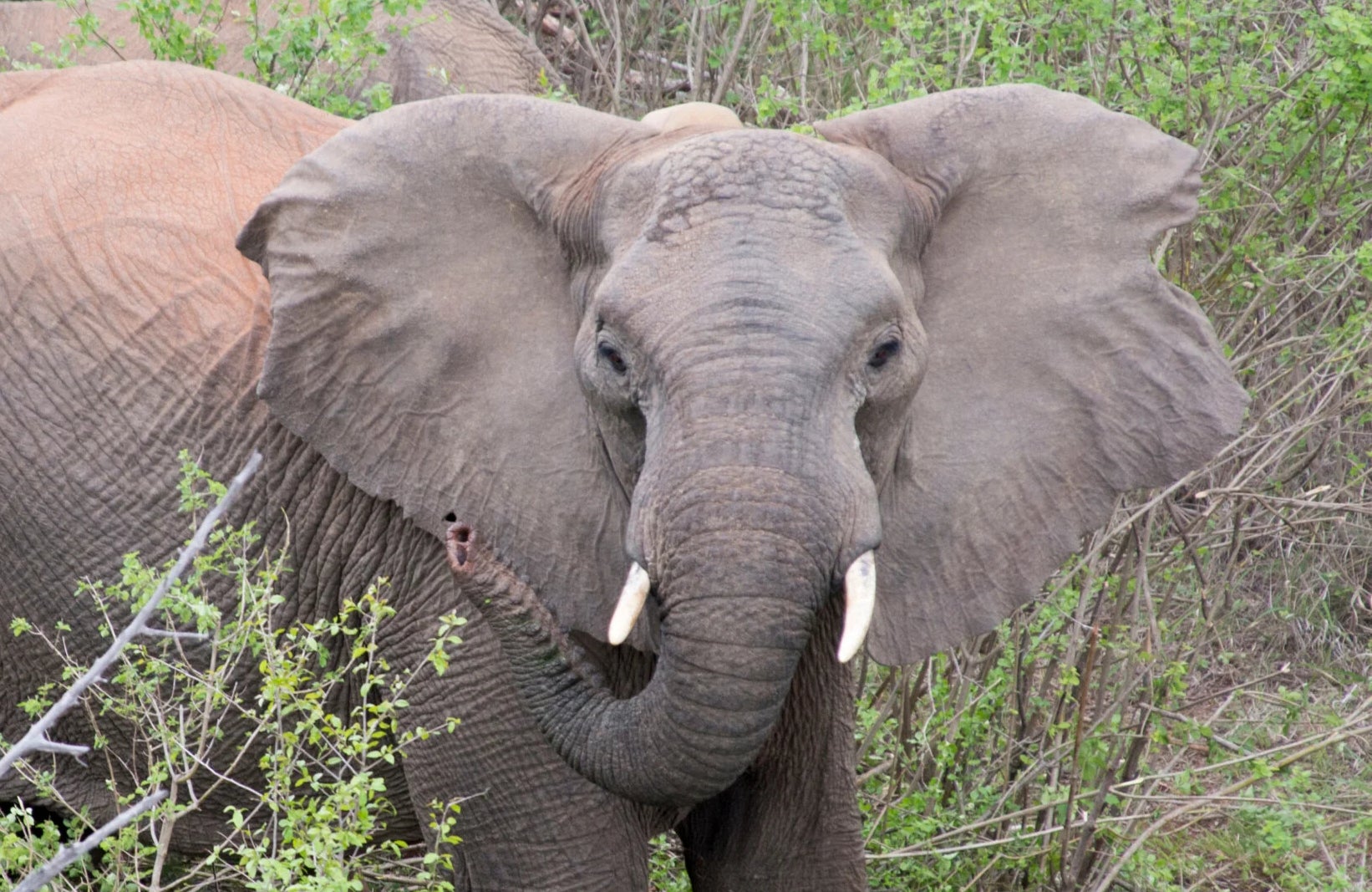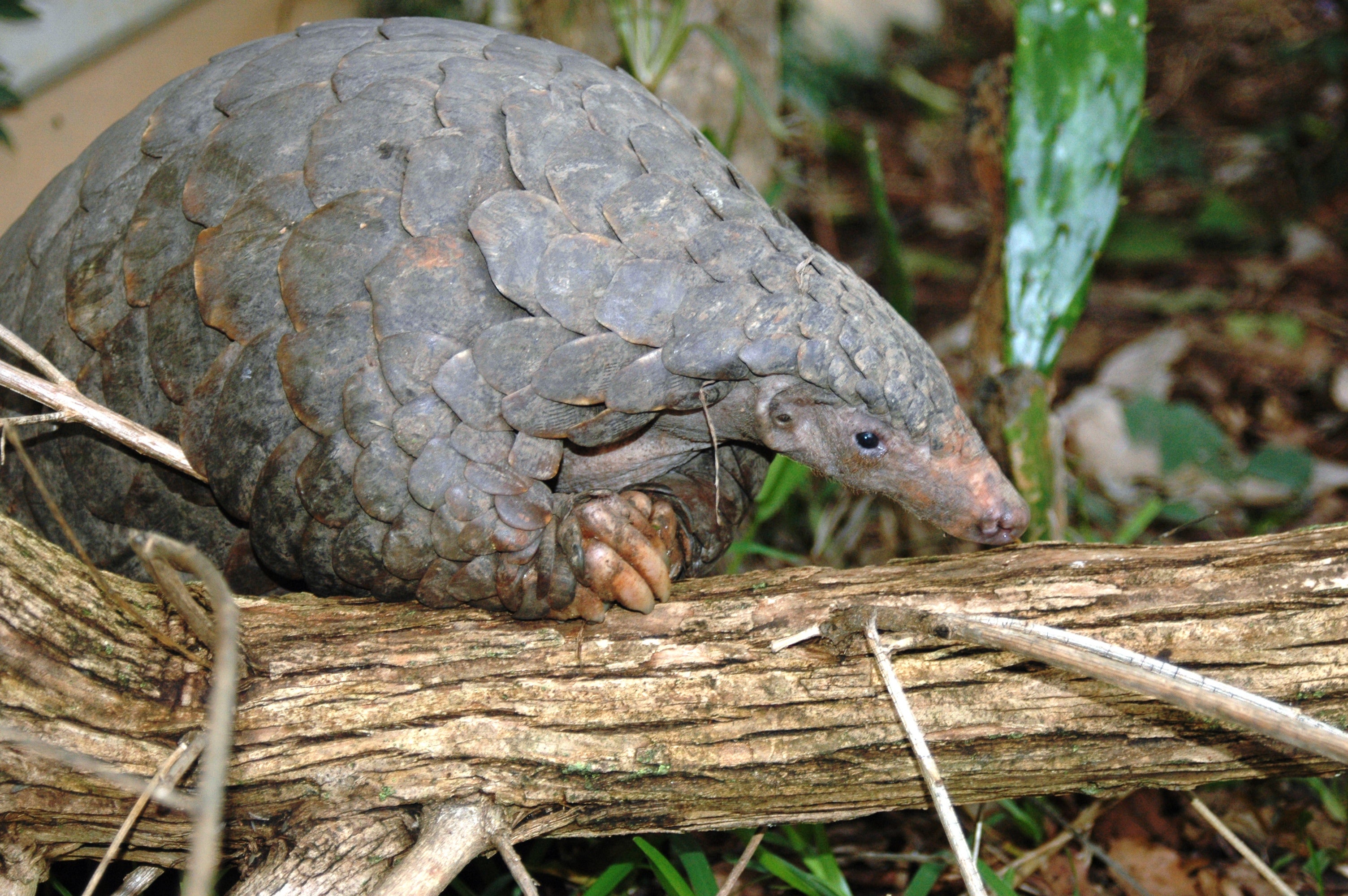
MONTREAL—In the wake of multiple outbreaks of COVID-19 on BC fur farms—and a recent incident in which infectious mink escaped from a quarantined facility—the provincial government has announced a phase-out of mink farming by April 2023. In the past 18 months, hundreds of COVID-19 outbreaks have occurred on mink farms globally, with dangerous mutations of the virus occurring in some facilities and being transmitted back into the human population.
Rebecca Aldworth, executive director of HSI/Canada stated: “It is the abysmal conditions and horrendous suffering on factory fur farms that make these facilities incubators for COVID-19 and other respiratory illnesses. Mink farming is exceptionally cruel, intensively confining highly intelligent, semi-aquatic wild animals and denying them their most basic of needs. The COVID-19 pandemic has redefined our relationship with animals and our environment, calling into question many formerly accepted practices. In protecting both people and mink, the BC government has shown tremendous leadership and set an important example for the rest of the nation to follow.”
Mink on almost 450 mink fur farms across 12 countries (including 10 EU member states) have been found infected with COVID-19, leading to mass culls of millions of minks. British Columbia is the latest member of a growing list of nations and territories— including the UK, Luxembourg, Slovakia and the Netherlands—that have taken decisive action to stop fur farming within their jurisdiction due to serious public health and animal welfare concerns.
Facts:
- The BC provincial health officer identified mink farming as a “health hazard” that “endangers public health,” noting that “the susceptibility of mink to infection with SARS-CoV-2 creates a risk of development of variants of concern which pose a threat to public health and could undermine the efficacy of the COVID-19 vaccination program in British Columbia.”[1]
- Mink escape into the wild from fur factory farms at notoriously high rates. In 2020 (the last year for which data is available), over 23,000 mink died prematurely or escaped from BC fur farms.
- Escaped, infected mink are capable of transmitting COVID-19 to wild mink, and likely to other susceptible species of wildlife, which can establish disease reservoirs in the wild, risking further virus mutation and potentially catastrophic spillover events.
- Fur farming has been banned and/or is in the process of being phased-out in numerous European nations such as Austria, Belgium, Bosnia and Herzegovina, the Czech Republic, Croatia, Estonia, Hungary, Luxembourg, the Netherlands, North Macedonia, Norway, Serbia, Slovakia, Slovenia and the United Kingdom. The Republic of Ireland’s cabinet has approved legislation that would see fur farming banned effective from 2022; and legislation to ban mink farming is currently being debated by politicians in France, Bulgaria, Latvia, Lithuania, Spain and Ukraine.
Timeline:
- May 2021—3rdoutbreak occurs on BC fur farm, the BC SPCA, Fur-Bearers, HSI/Canada, and the Union of BC Indian Chiefs call for an end to fur farming in BC.
- May 2021—The Food and Agriculture Organization of the United Nations, the World Organisation for Animal Health, and the World Health Organization published a risk assessment for fur farms, identifying Canada as having a “very likely” likelihood of introduction and spread of SARS-CoV-2 within fur farms, and a “likely” likelihood of transmission of the SARS-CoV-2 virus from fur farms to susceptible wildlife populations.
- April 2021—Union of BC Indian Chiefs calls for a moratorium on fur farming in the province.
- March 2021—Breeding resumes in BC despite previous COVID outbreaks.
- January 2021—David Suzuki and other scientists call for an end to fur farming in BC.
- January 2021—1,000 mink culled on BC fur farm after outbreak.
- December 2020—COVID outbreak occurs on a second BC fur farm, at least 200 mink dead.
- December 2020—HSI/Canada calls on BC government to end fur farming.
- December 2020—COVID outbreak occurs on a BC fur farm.
ENDS
Media Contact: Michael Bernard: 613-371-5170; mbernard@hsi.org



